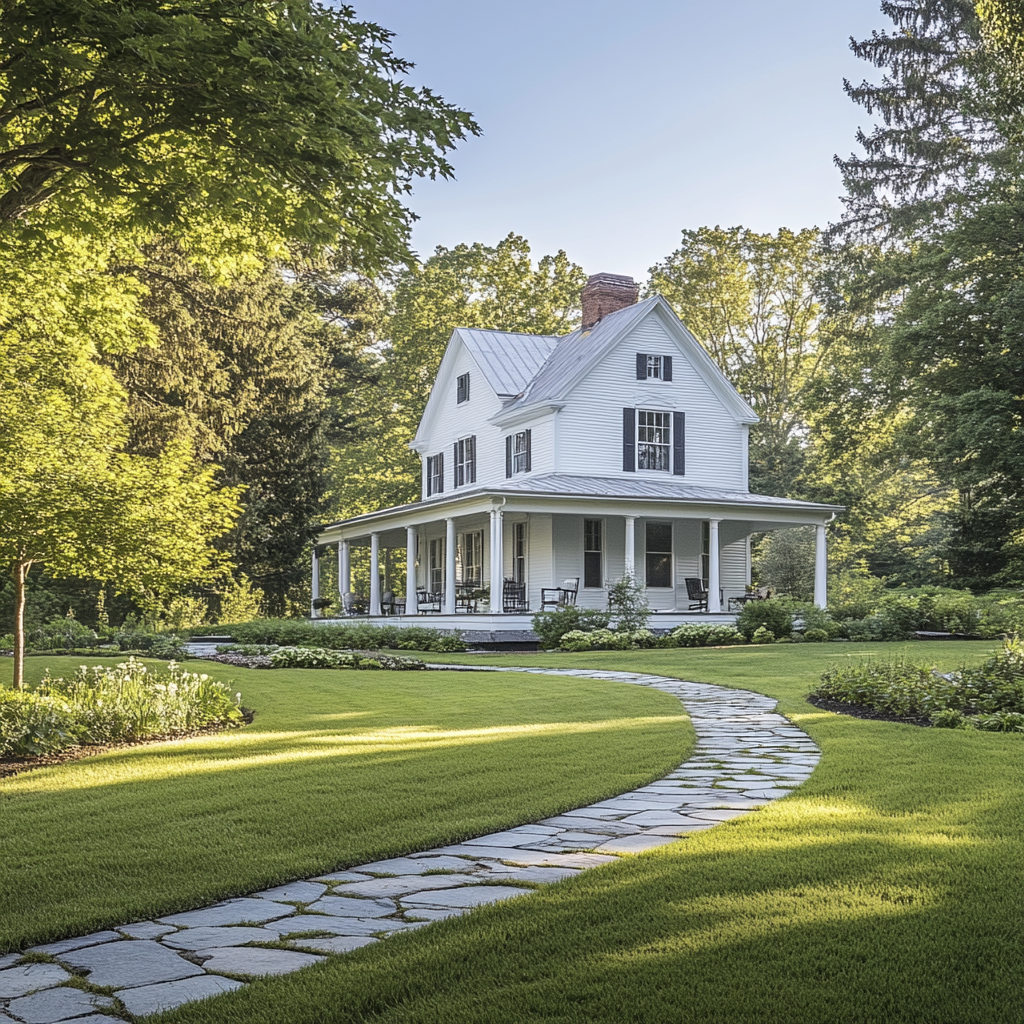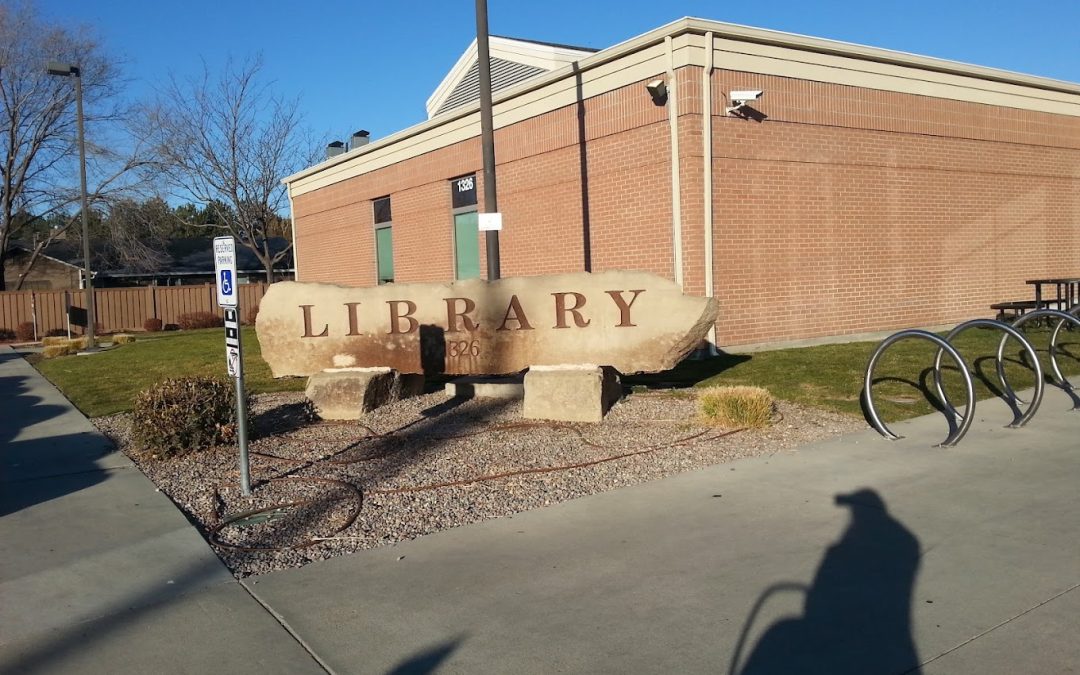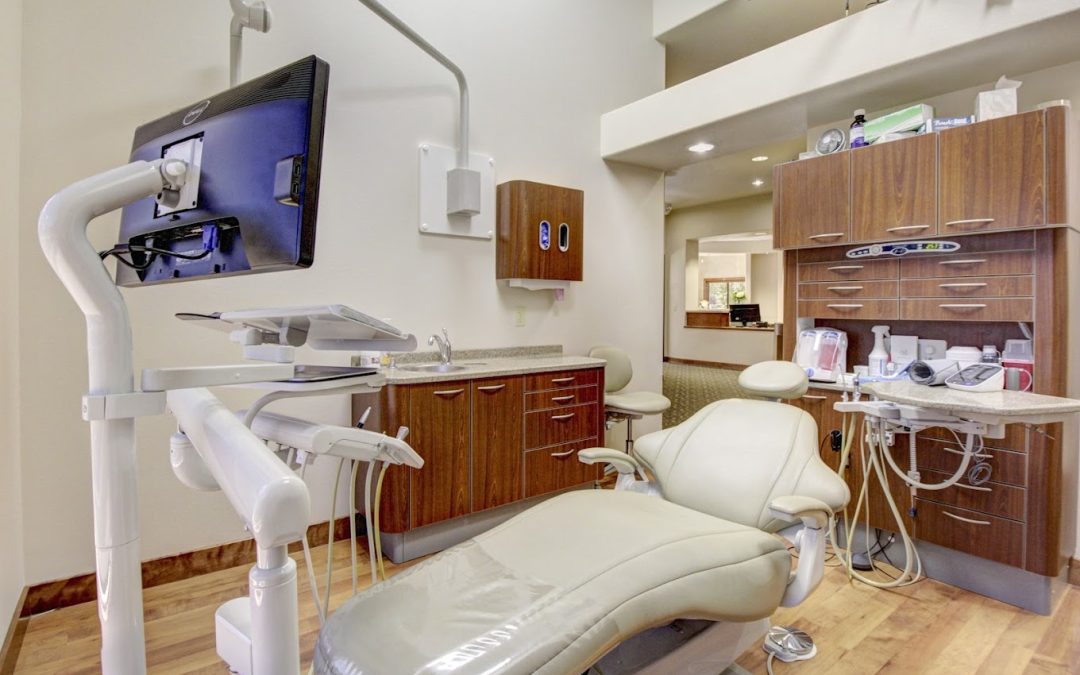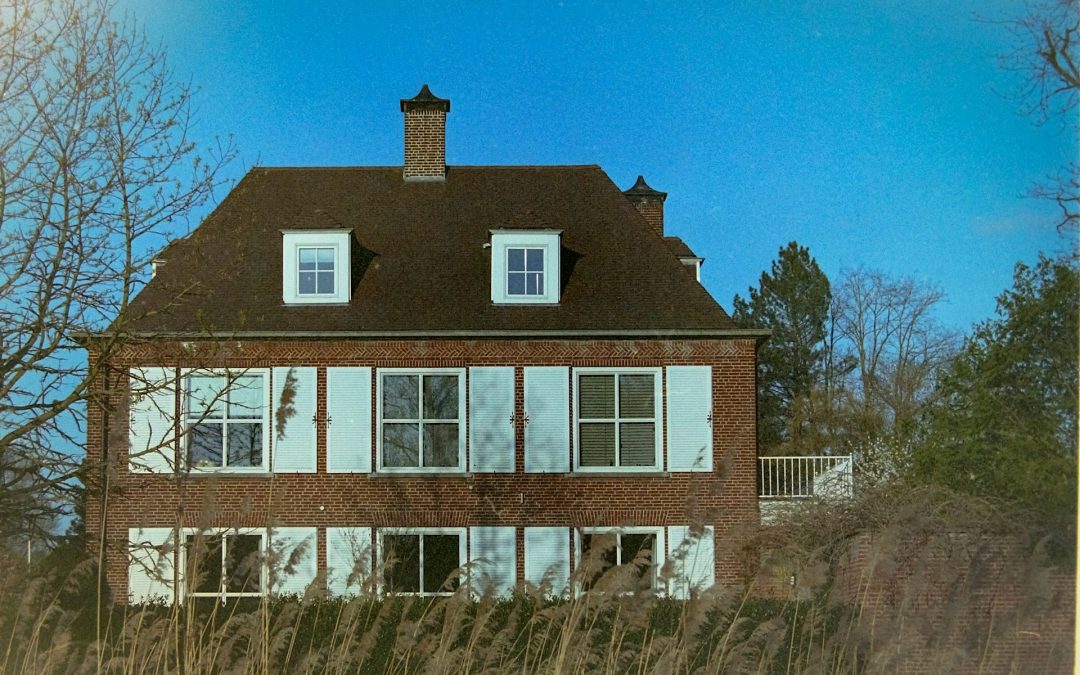Imagine owning a piece of history that not only serves as a testament to architectural beauty and timeless charm but also offers a unique financial opportunity. Converting historic homes into income-producing properties is an innovative way of preserving the past while ensuring a lucrative future. These properties, often cherished for their distinctive features and storied pasts, present an appealing option for individuals looking for a unique lodging experience, making them ideal candidates for rental ventures such as Airbnb or VRBO. In this light, historic homes are not just dwellings but investments that combine the allure of the past with the potential for future gains.
The inherent charm and value of historic homes make them irresistible to renters who seek more than just accommodation—they seek an experience. By choosing to stay in a historic home, guests are offered a trip down memory lane, an opportunity to immerse themselves in the history and culture of a place. This uniqueness can command higher rental rates compared to standard properties. Additionally, these homes often sit in established or picturesque neighborhoods, further enhancing their allure and rental appeal. Owners of such properties stand to benefit from both the financial aspect and the satisfaction of playing a role in preserving cultural heritage.
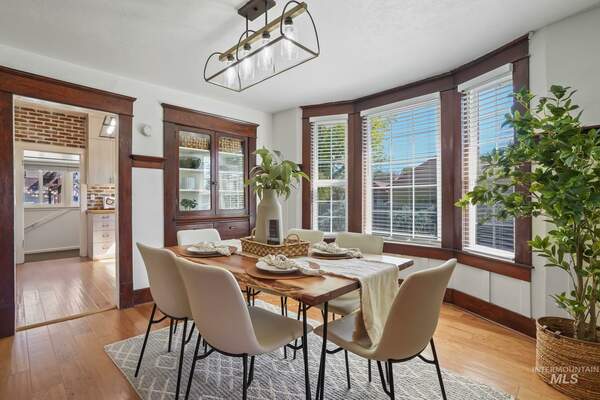
- The charm of historic homes: a gateway to unique rental opportunities. Source: search.idahorealestatedreams.com
Preparing a historic home for rental involves several key steps, starting with thorough research on the property. Knowing your home’s history and unique features can be a selling point. Next, complying with local regulations is crucial to legally operationalize your rental. This includes understanding zoning laws, acquiring necessary permits, and adhering to any historical preservation guidelines. Ensuring your property meets the legal requirements not only protects you but also respects the integrity and heritage of the historic home.
After navigating legalities, setting up your property for guests is your next step. This means decluttering, securing personal items, and ensuring the home is equipped with everything a guest might need—fusing modern convenience with historic charm. Rental insurance and partnering with a local cleaning company are also essential preparations to protect your investment and maintain its appeal. By employing these strategies, your historic home is transformed into a welcoming space for guests, ready to captivate with its history and comfort.

- Preparing your historic home for guests: Steps to success. Source: @therealist_sab – therealist.io
Consider the story of a currently listed 1905 farmhouse at 840 E Ustick Road in Meridian, Idaho, that epitomizes the successful marriage of historic charm and modern functionality, making it an exemplary case of a historic home turned into a prosperous rental property. Its extensive renovation preserved the original hardwood floors and antique clawfoot tub, ensuring the home’s historic essence remained untouched, while updates like a new HVAC system, electrical work, and a finished basement added the comfort and efficiency essential for today’s lifestyles. This blend of old and new not only heightened the property’s market value but also its appeal as a luxury Airbnb/VRBO listing.
The farmhouse’s transformation into a sought-after rental illustrates the financial and cultural benefits of such endeavors. With over 3,100 sq ft of living space and situated on a sizeable lot that includes a picturesque outdoor entertainment area, it stands as a testament to how investing in historic properties can yield significant returns. Its success story serves as inspiration for property owners contemplating similar ventures, showcasing the potential to create income streams while contributing to the conservation and celebration of historical architecture.


- Transforming historic homes into rentals: A step-by-step guide. Source: @therealist_sab – therealist.io
In conclusion, turning historic homes into income-producing properties is an inviting prospect for those looking to merge the allure of the past with modern-day entrepreneurship. By respecting the unique characteristics that make historic homes special, owners can offer unforgettable experiences to guests while securing a viable income source. Whether it’s through short-term rentals like Airbnb or other leasing arrangements, this approach offers a way to preserve history, celebrate heritage, and support local communities, all while achieving financial success.

